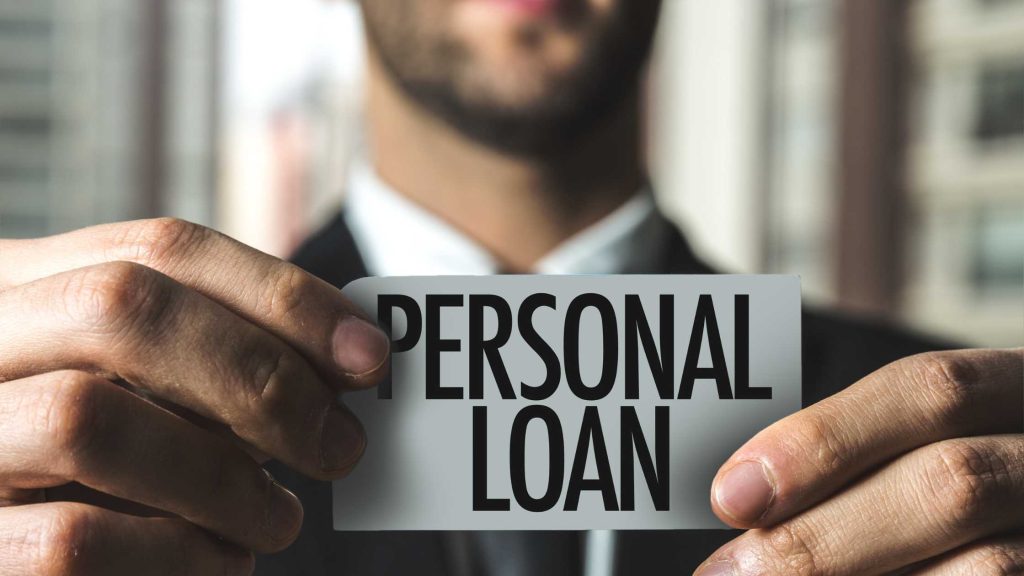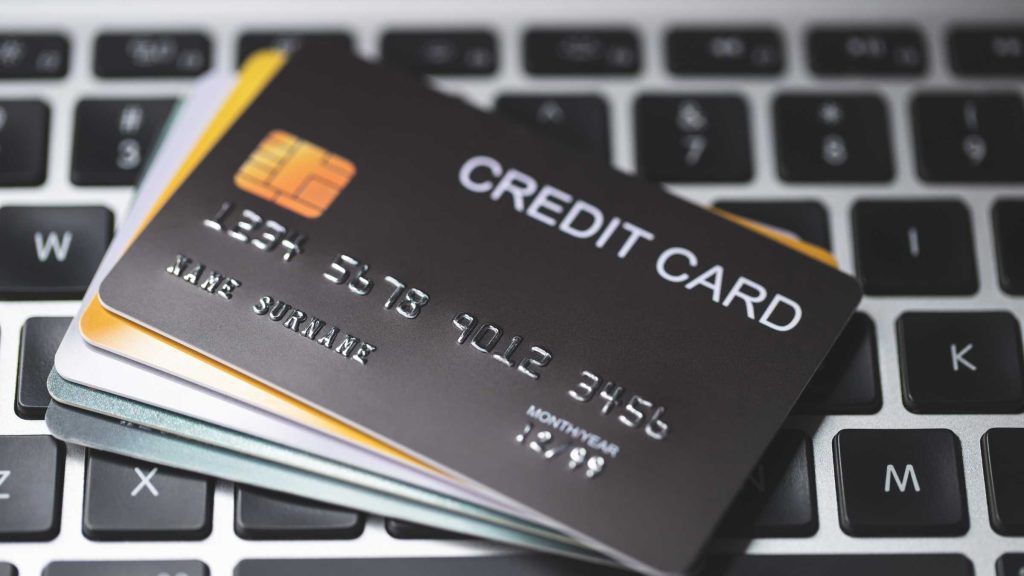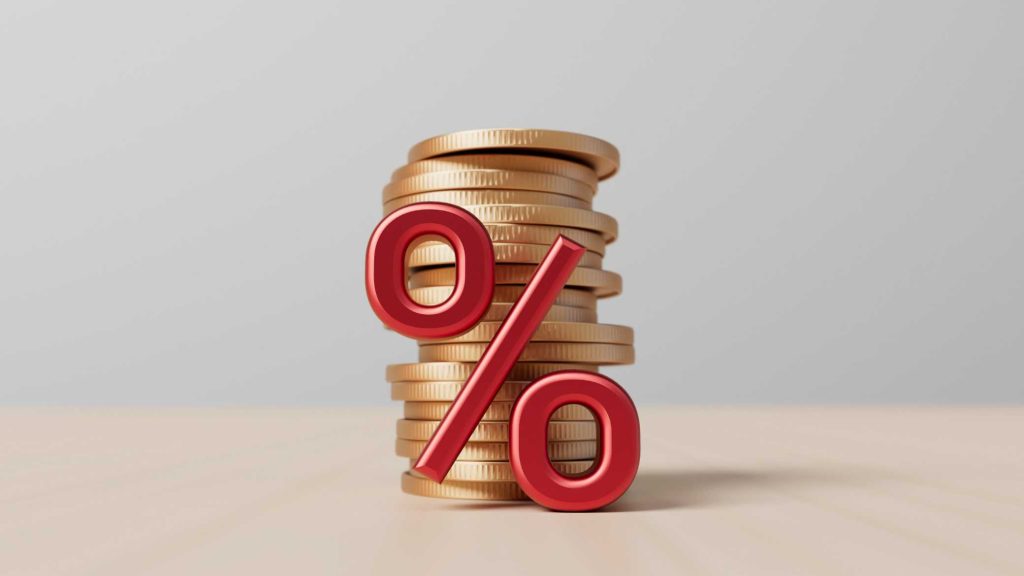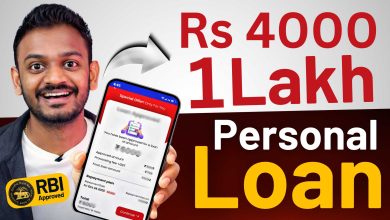Personal Loan vs Credit Cards : Which Is the Better Financial Option in 2025? : A Comprehensive Guide
Personal Loan vs Credit Cards : In the world of personal finance, personal loans and credit cards are two of the most commonly used forms of credit. Both offer access to funds, but they serve different purposes and come with distinct advantages and disadvantages. Choosing between a personal loan and a credit card can be a challenging decision, especially with the variety of options available in 2025. In this essay, we will compare the two financial products in terms of interest rates, repayment structures, eligibility criteria, and their best use cases to help you make an informed decision.
Table of Contents
Understanding Personal Loans and Credit Cards
Before diving into a comparison, it’s important to understand what personal loans and credit cards are and how they function.
Personal Loan
A personal loan is a lump sum of money borrowed from a bank or other financial institution that is paid back over a set period (typically between 12 to 60 months) at a fixed or variable interest rate. Personal loans are typically unsecured, meaning you don’t have to offer collateral like a house or car, but they can also be secured loans in some cases.

Credit Card
A credit card is a revolving line of credit that allows you to borrow money up to a predetermined limit, which you can use for purchases, balance transfers, or cash advances. As long as you keep your balance below your credit limit, you can repeatedly borrow and repay money. Unlike personal loans, credit cards usually have higher interest rates and may require you to pay a minimum monthly payment rather than paying off the loan in full.

Winner: Personal Loan
For those seeking lower, fixed interest rates, a personal loan is typically the better option for long-term borrowing.
Best Use Cases for Personal Loans and Credit Cards
The decision to use a personal loan or credit card depends largely on how you intend to use the funds.
- When to Choose a Personal Loan:
- If you need a large sum of money for a specific purpose, such as home renovations, medical expenses, or debt consolidation.
- If you want to consolidate high-interest credit card debt into a lower-interest loan.
- If you need a set repayment schedule with predictable monthly payments and a clear payoff timeline.
- When to Choose a Credit Card:
- If you need to make small, everyday purchases or need a revolving line of credit.
- If you can take advantage of 0% introductory APR offers for purchases or balance transfers.
- If you need quick access to funds and are confident you can pay off your balance quickly to avoid high-interest charges.
Winner:
It depends on your situation. If you need a large, fixed sum and want a predictable repayment schedule, go with a personal loan. If you need flexibility or short-term borrowing for small purchases, credit cards may be a better option.
Also Read: Income Tax Rebate : Confused About New Income Tax Rebate Till ₹12 lakh? New Slabs Simplified
Repayment Terms
The repayment terms of both personal loans and credit cards vary greatly, which can make a significant difference in your financial planning.
- Personal Loan Repayment Terms: Personal loans come with fixed repayment terms, often ranging from 12 months to 60 months. This means you will make the same monthly payment for the life of the loan, which can make it easier to budget. Since the loan has a set end date, you’ll know exactly when it will be paid off. This can be a relief for those who want to plan for financial goals without worrying about changing payment amounts.
- Credit Card Repayment Terms: Credit card payments are typically flexible—you can pay off as little or as much as you like each month, but you are required to make at least the minimum payment. This minimum payment is usually a small percentage of your total balance, meaning it could take years to pay off your balance if you only make the minimum payment. Since the repayment period is open-ended, you might face higher costs due to interest charges on any carried-over balances.
Winner: Personal Loan
If you prefer predictable, consistent payments with a clear end date, personal loans have the edge. Credit cards are more flexible but may lead to prolonged debt if the balance isn’t paid off quickly.
Interest Rates
One of the most important factors in choosing between a personal loan and a credit card is the interest rate. Interest rates can significantly impact the total amount you repay over the life of the loan or credit line.
- Personal Loan Interest Rates: Personal loans typically offer lower interest rates compared to credit cards, especially for borrowers with good to excellent credit scores. The rate may range from 6% to 36%, depending on your credit history, loan term, and the lender’s policies. Since personal loans have fixed interest rates, the cost of borrowing is predictable, which means your monthly payments remain consistent throughout the loan term.
- Credit Card Interest Rates: Credit cards often come with higher interest rates, typically ranging from 15% to 25% or more, depending on your credit profile and the card issuer. If you carry a balance from month to month, the interest can quickly add up. However, some credit cards offer introductory 0% APR for purchases or balance transfers, but these promotions usually last for only 6-18 months before the regular APR kicks in.
Fees and Charges
Both personal loans and credit cards may come with fees, and it’s important to compare the costs before making a decision.

- Personal Loan Fees: Personal loans may come with origination fees (typically 1%-5% of the loan amount), late payment fees, and early repayment fees, depending on the lender. However, once the loan is settled, there are no additional fees or charges unless you miss a payment.
- Credit Card Fees: Credit cards charge various fees, including annual fees, late payment fees, cash advance fees, and over-limit fees. Credit cards also carry interest charges on any carried balances, which can add up quickly, especially if you make late payments or exceed your credit limit.
Winner: Personal Loan
While personal loans may have some upfront fees, credit cards tend to incur multiple ongoing fees, which could become a burden over time.
Buy Now : Ecommerce Website With 100 Products
Eligibility and Approval Process
The approval process for personal loans and credit cards is different, and the requirements vary.
- Personal Loan Eligibility:
- Personal loans usually require a credit check, and lenders will often look at your credit score, income, and debt-to-income ratio to determine your eligibility and interest rate.
- Good credit is generally needed for the best rates, but some lenders may approve personal loans for individuals with fair or poor credit, though the interest rates will likely be higher.
- Credit Card Eligibility:
- Credit card approval also involves a credit check and can be easier for some to qualify for, especially with cards designed for those with bad credit.
- However, credit card companies may approve lower credit limits for individuals with lower credit scores, and the interest rates will likely be higher for those with less-than-perfect credit.
Winner: Credit Cards
Credit cards often have a less stringent approval process, and even individuals with less-than-perfect credit can qualify for a card. Personal loans generally require a more in-depth approval process and may be harder to obtain for those with poor credit.
Conclusion: Which is Better for You in 2025?

The decision between a personal loan and a credit card ultimately depends on your financial situation and borrowing needs. Personal loans offer lower interest rates, fixed repayment schedules, and are ideal for those seeking to borrow large sums for specific purposes. On the other hand, credit cards offer flexibility, but come with higher interest rates and can quickly lead to prolonged debt if not managed carefully.
If you’re looking to consolidate debt, fund a major purchase, or have a clear plan to repay, a personal loan is generally the better option. However, if you need to make smaller, ongoing purchases or take advantage of promotional offers, a credit card may be the more appropriate choice.
Always ensure that you understand the terms and read the fine print before committing to either option to avoid unexpected costs.
Disclaimer
The content in this blog post is provided for informational purposes only and should not be considered as professional financial advice. The information presented here is intended to assist readers in understanding the differences between personal loans and credit cards, but individual financial situations may vary. We strongly recommend that you consult with a certified financial advisor or lending professional to evaluate your personal circumstances and determine the most appropriate option for your needs.
Interest rates, terms, and conditions may change over time, and eligibility for both personal loans and credit cards depends on various factors such as credit score, income, and financial history. Always read the full terms and conditions before making any financial commitments.
Keyword : Personal Loan vs Credit Cards – Personal Loan vs Credit Cards now – Personal Loan vs Credit Cards in 2025



